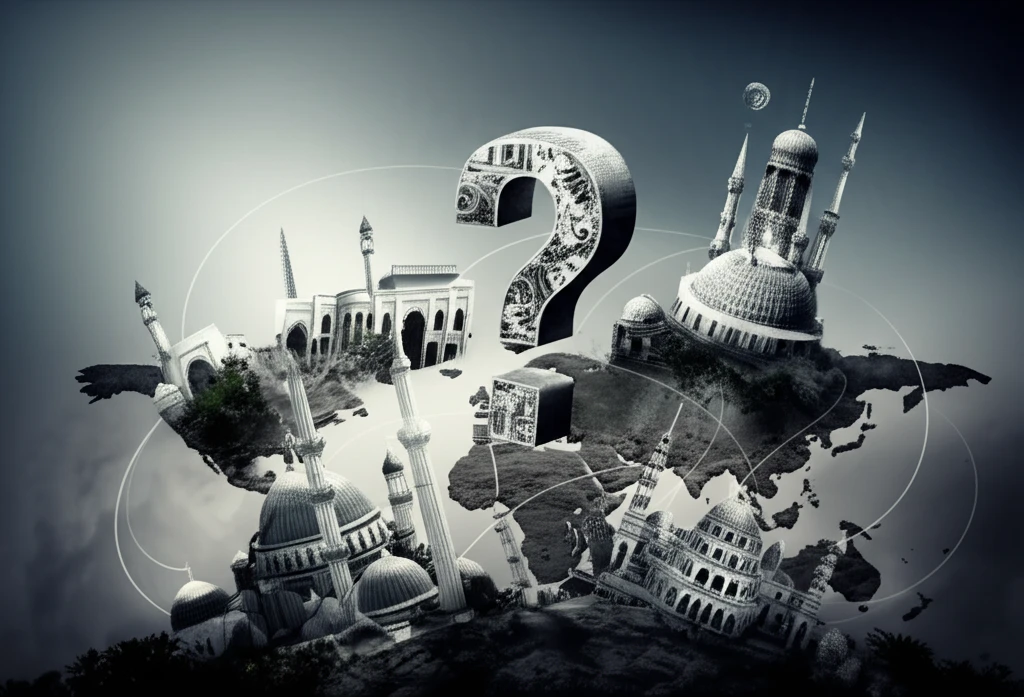
Navigating the 'Muslim Question': How Western Policies Shape Identity and Security
"Examining the complex relationship between Western policy, Muslim identity, and global security in an era of rising nationalism and Islamophobia."
The rise of populist nationalism, exemplified by Brexit and the Trump administration, has brought the 'Muslim Question' to the forefront of political discourse in Europe and North America. This resurgence echoes historical anxieties, reminiscent of the 'Jewish Question,' where identity and belonging become highly politicized.
Contemporary debates are not solely confined to the integration of Muslim communities within Western societies. They extend to foreign policy challenges, regional security risks, and the perceived threat of Islamist movements. This creates a complex web where domestic and international issues intertwine, fueled by globalization and transnational mobility.
Understanding how Islam and Muslims are perceived and treated in Western policy is critical. This analysis goes beyond simply cataloging anti-Muslim actions. It examines how even well-intentioned policies can inadvertently reinforce a sense of 'otherness,' setting Muslim communities apart and influencing their identity in the eyes of both policymakers and the public.
The Shifting Sands: From Cold War Ally to Security Concern

Throughout much of the 20th century, Islam held a relatively minor position in Western foreign policy. Initially, Islamic groups were viewed as potential allies against communism, particularly in regions like North Africa. However, this perspective shifted dramatically with the Iranian Revolution in 1979.
- 9/11 as a Turning Point: The September 11th attacks dramatically reshaped the landscape. The attacks introduced a sense of imminent threat, linking Islam to direct risk and prompting a surge in anti-Muslim sentiment.
- European Experiences: Europe, grappling with its own security challenges like the Madrid and London bombings, began to focus on addressing perceived radicalization within Muslim populations. The UK's Prevent initiative, while evolving, became a prime example of the complexities and polarizations that can arise from such policies.
- The Global War on Terror: The U.S.-led 'Global War on Terror' further strained relations between Western governments and Muslim populations worldwide. Actions like the Iraq War, the Abu Ghraib scandal, and the Guantanamo Bay detention facility fueled perceptions of a broader 'War on Islam'.
Recommendations: Towards a More Inclusive Approach
To foster a more inclusive and effective approach, governments must move beyond seeing Muslims solely through the lens of security. This requires recognizing the diversity within Muslim communities, avoiding the adjudication of 'good' vs. 'bad' Islam, and partnering with religious leaders and institutions to address broader societal challenges such as education, governance, and economic growth. Re-evaluating restrictions on Islamic charities and humanitarian efforts and engaging in critical engagement can help address the legitimate grievances felt by many young Muslims while channeling them in more constructive directions.
